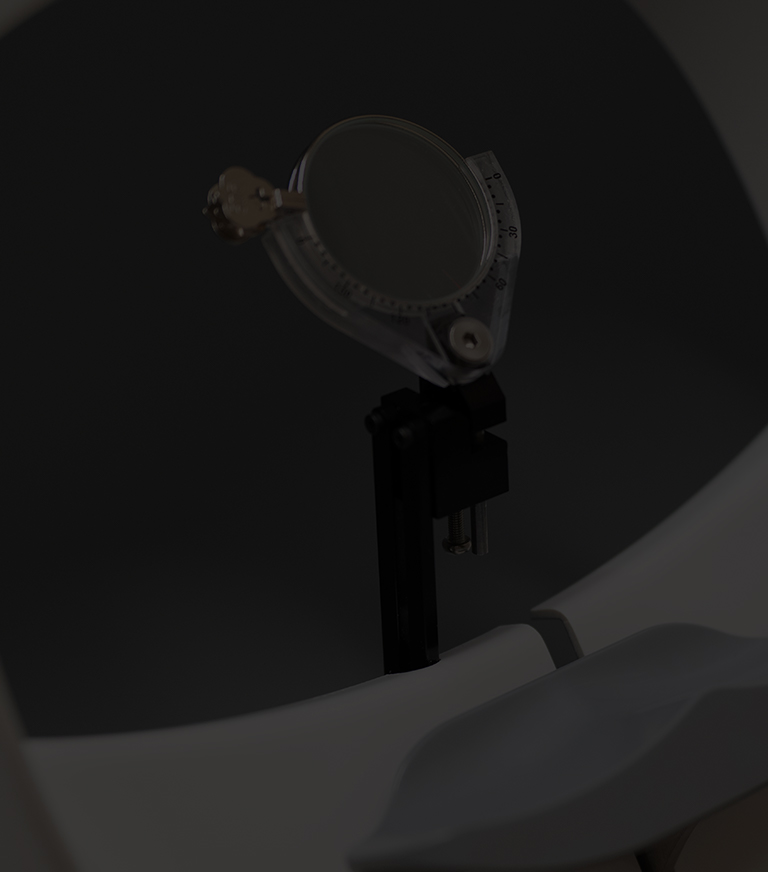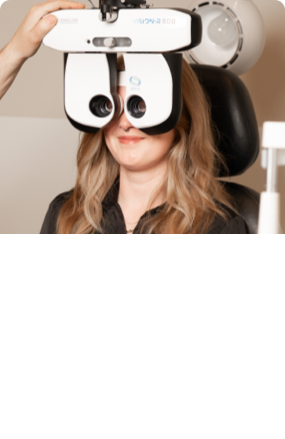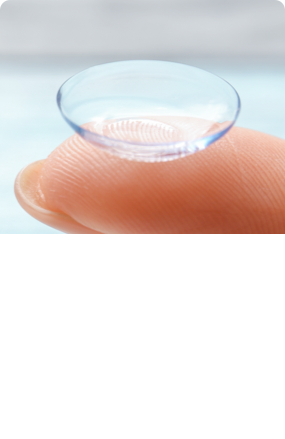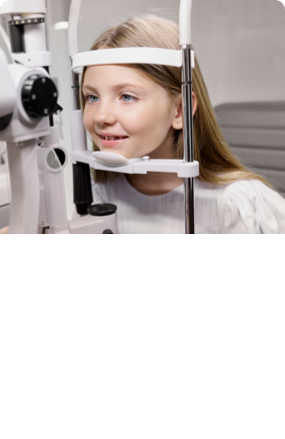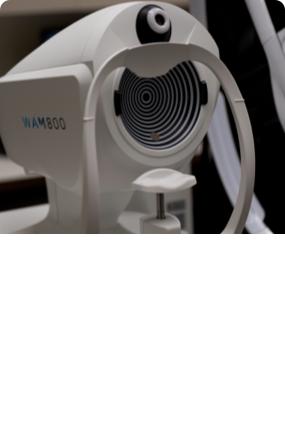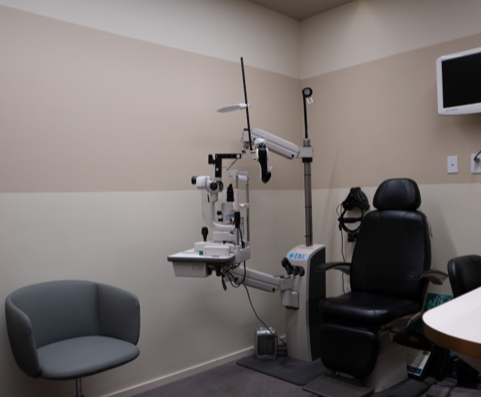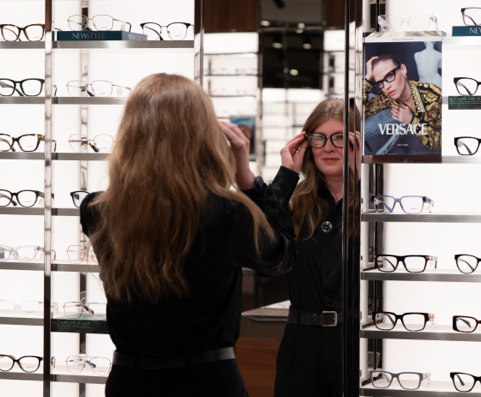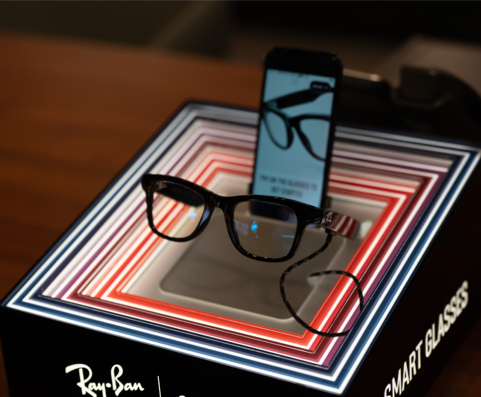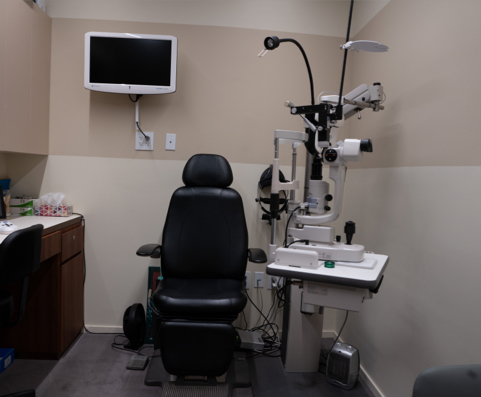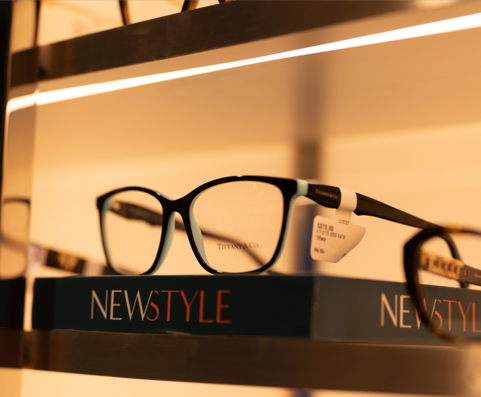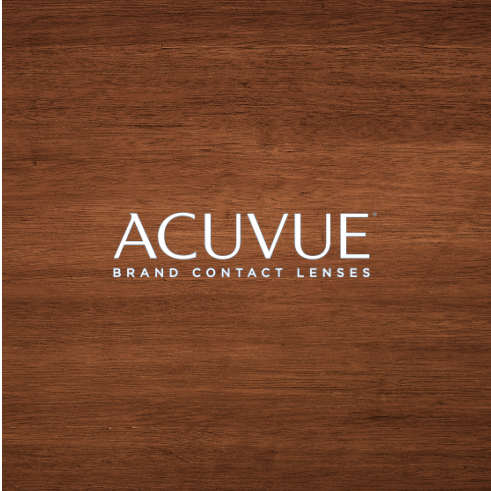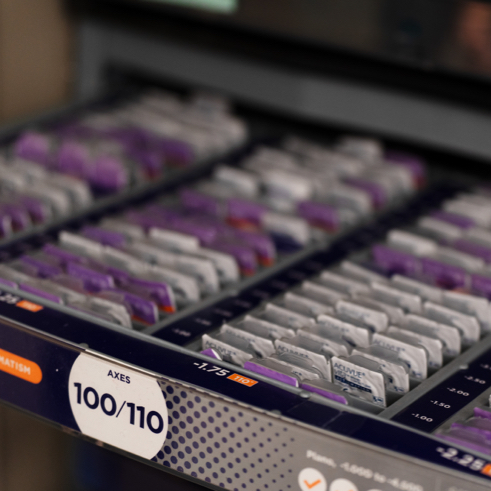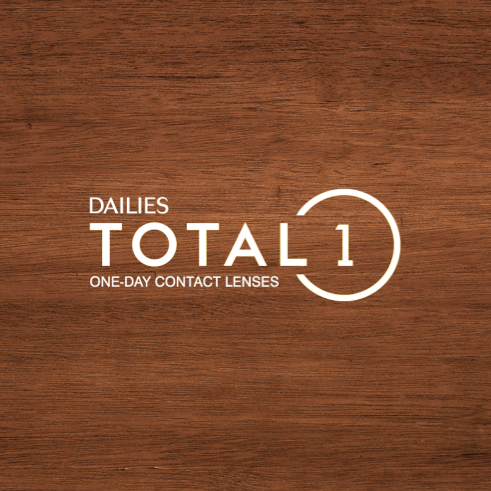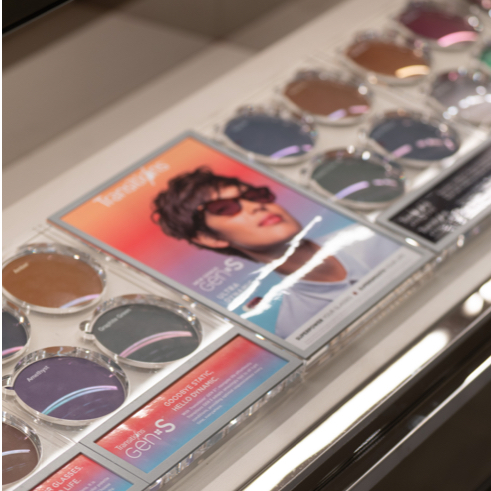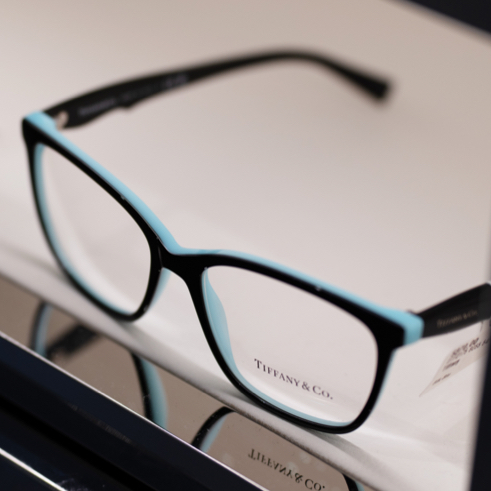RGP (rigid gas permeable) contact lenses are one of the most effective corrective lens options available. With their precision optics and customization possibilities, RGP contacts make it possible to enjoy clear vision without relying on eyeglasses all the time.
RGP contacts are hard lenses that allow oxygen to pass through to the cornea. They are also an excellent option for people with special eye conditions. We’ll cover everything from fitting tips and proper cleaning methods to potential benefits that could arise from wearing them – so keep reading if you want to learn more!
What Are Rigid Gas Permeable Contact Lenses?
Rigid gas permeable contact lenses, also known as RGP lenses, are a type of contact lens designed to be more durable and long-lasting than soft lenses. These lenses are made from a type of plastic that allows oxygen to pass through, which helps keep your eyes healthy and comfortable.
Unlike soft lenses, which can become warped or damaged easily, RGP lenses maintain their shape and provide clear vision throughout the day. They are also an excellent option for individuals who suffer from certain eye conditions or have complex prescriptions.
If you’re tired of dealing with the hassle of soft contacts or looking for a more durable and long-lasting option, RGP lenses may be the perfect solution.
Benefits of RGP Contact Lenses
If you’re in the market for new contact lenses, it’s worth considering RGP lenses. Unlike soft lenses, RGP lenses are made of a firm, breathable material that allows oxygen to pass through to the cornea. This makes them more comfortable to wear.
Other benefits include:
- Clearer vision
- Less expensive than soft contact lenses
- Increased oxygen supply
- Longer life span than soft contacts
- Durable and less likely to tear
- Lens insertion and removal are easier
- Decreased risk of eye infection compared to soft contacts
- Available in multifocal options to correct for presbyopia
Additionally, they are an excellent choice for people with astigmatism or other vision problems that soft lenses may be unable to correct. While RGP lenses require some adjustment, many people find that the benefits are well worth it.
Types of RGP Contact Lenses
Within the category of RGP lenses, there are several different subtypes, each designed to address specific vision needs. For instance, corneal RGPs are a wise choice for people with mild to moderate nearsightedness or farsightedness. In contrast, scleral RGPs can help those with more severe refractive errors or corneal irregularities.
RGP contact lenses differ in size, with some just covering the cornea and others being semi-scleral or scleral lenses, which are used to help people with conditions like keratoconus. With so many different types of RGP contact lenses available, it’s essential to talk to your eye care professional to find the perfect fit for your lifestyle and vision needs.
How to Care for RGP Contact Lenses
Caring for RGP contact lenses can seem slightly challenging, but it can be quite simple once you get the hang of it. The first thing you need to do is make sure your hands are clean before handling your lenses. Then, you’ll want to remove the lens from your eye and place it in the palm of your hand.
It’s crucial to use a specialized cleaning solution to clean your RGP lenses, as regular contact lens solutions can damage them.
After cleaning, rinse the lens with fresh solution and place it in the appropriate storage container. Store your lenses in a cool, dry place and never wear them for longer than your eye doctor recommends.
Common Myths About RGP Contact Lenses Debunked
When it comes to contact lenses, there’s a lot of misinformation out there. One misconception is that rigid gas permeable (RGP) lenses are uncomfortable and difficult to wear. However, this couldn’t be further from the truth. In reality, many people find RGP lenses just as comfortable as soft lenses once they get used to them.
Another myth is that they’re only for people with severe vision problems or eyes with corneal diseases such as Keratoconus. But in fact, RGP lenses are versatile and can correct a wide range of prescriptions, including astigmatism and myopia.
Contrary to popular belief, RGP lenses don’t require any more care than soft lenses as long as you follow the proper cleaning and maintenance guidelines. So, if you’re considering RGP lenses and have heard these common myths, it’s time to debunk them and discover the benefits for yourself.
Discuss RGP Contact Lenses with Your Optometrist
RGP contact lenses offer versatile and multiple benefits compared to soft contact lenses. Whether you are looking for a modern lens that will help reduce dryness and irritation or one with a higher oxygen transmission rate, there’s an RGP lens to suit your needs.
To find a suitable fit for yourself, talk to your optometrist about the type of RGP lens they recommend based on your specific eye condition.
Why not visit Orchard Park Optometry in Kelowna today so our team can assess your vision needs? Book an appointment today!
